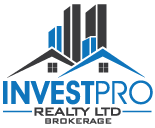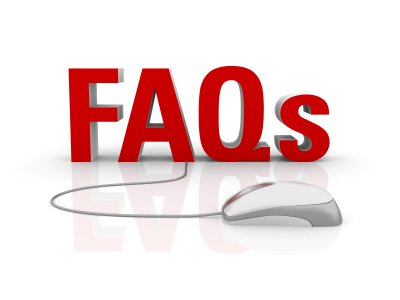1. When buying an investment property, do I form a corporation or do I buy as individual?
This decision will be determined by your personal financial situation. For liability purpose a corporation will provide better protection. However it does not protect you from your mortgage liability (guarantees). There is a cost related to forming a limited company, therefore all the factors must be weighed. Discuss with your accountant.
2. What is a Cap Rate (capitalization rate)?
All investors should be familiar with this terminology. Cap Rate represents the percentage return on an investment, based on an “all cash purchase”. Simply divide the Net Operating Income (income before deducting mortgage interest) by the Selling Price.
3. What is a GRM (gross rent multiplier)?
This number is determined by dividing the gross rent (total rents before vacancy and bad debt) into the sale price of a building.
4. Do I need a property manager or superintendent?
It depends on the number of units. The larger the property, the more you will require the services of an onsite superintendent. If you do not have experience or the time to look after the every management duties, then it is highly recommended to hire a professional property manager.
5. Where do I go for the best mortgage terms for my property purchase?
Obtain the services of an experience mortgage broker that deals with investment properties. Let the professional make the financing a pleasant and headache free experience.
6. How safe is real estate investment?
Real estate is very safe, however like any investment there are risks. Investing in real estate should be treated like any other business venture. The goal is to end up with a profit after collecting the rent and paying the expenses. The key is to buy it right. Assure you secure long term financing, select good tenants and be very selective with the location. For more information refer to our articles on Real Estate investing.
7. How important is an experienced lawyer on a purchase of investment property?
This is extremely important. An experienced lawyer that is a Real Estate specialist will be play a huge part in the smooth closing of your purchase. Avoid unnecessary stress by surrounding yourself with experience.
8. Do I need an accountant to file the property’s year end income tax return?
Not necessarily. If you own the property on personal basis, there are many good Tax Return programs available that will guide you step by step. Unless you have accumulated a large portfolio and or have formed a corporation, then you will need an accountants’ expertise.
9. How do I form a partnership?
Contact your lawyer. Do not try to simplify this agreement on your own. It is extremely important to do it right and avoid unnecessary stress and complications, should a partnership fail. Refer to our article on Partnerhips.
10. The mortgage application…with or without CMHC?
There are pros and cons. Although CMHC provides lower interest rates, be prepared to accept extra costs and fees and in addition they have much stricter mandates and conditions. Contact an experienced mortgage broker or visit CMHC website for details.
11. What is ROI vs cash flow?
ROI is return on your initial investment. This return includes principal payment of the mortgage(s). Cash flow is actual cash left over after all the expenses are paid including principal and interest.
12. How much insurance coverage will I need?
You are not only insuring the building and the mechanical components, you should also have coverage for any loss of rental income. You will need enough coverage to replace the property in case of fire in today’s replacement costs and not what you paid. For liability, a minimum of $2,000,000 should be considered. Consult an insurance Broker that is familiar with investment properties.
13. What is a “letter of compliance” from the fire department?
Obtaining this letter is a prerequisite before you purchase a property. This letter is provided by the Fire Department confirming that the property has complied with the Fire legislation codes, as of the time of the letter. Be aware that new laws and fire codes could have been implemented since the issue of the letter, therefore you should speak to your lawyer or the Fire Department to assure current compliance have been met. If not in compliance, determine the cost to comply before you proceed to purchase a property.
14. How important is it for zoning compliance?
Compliance is extremely important. Some lenders will not allow funding for the unit(s) not legally registered. You also run the risk of the unregistered units being shut down by the Municipality. On the offer to purchase, always assure you specify that the number of units you are purchasing comply with the zoning bylaws and are legally permitted.

